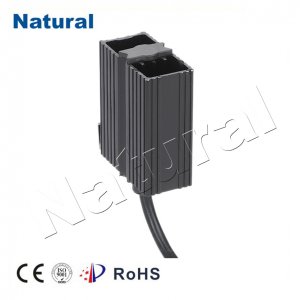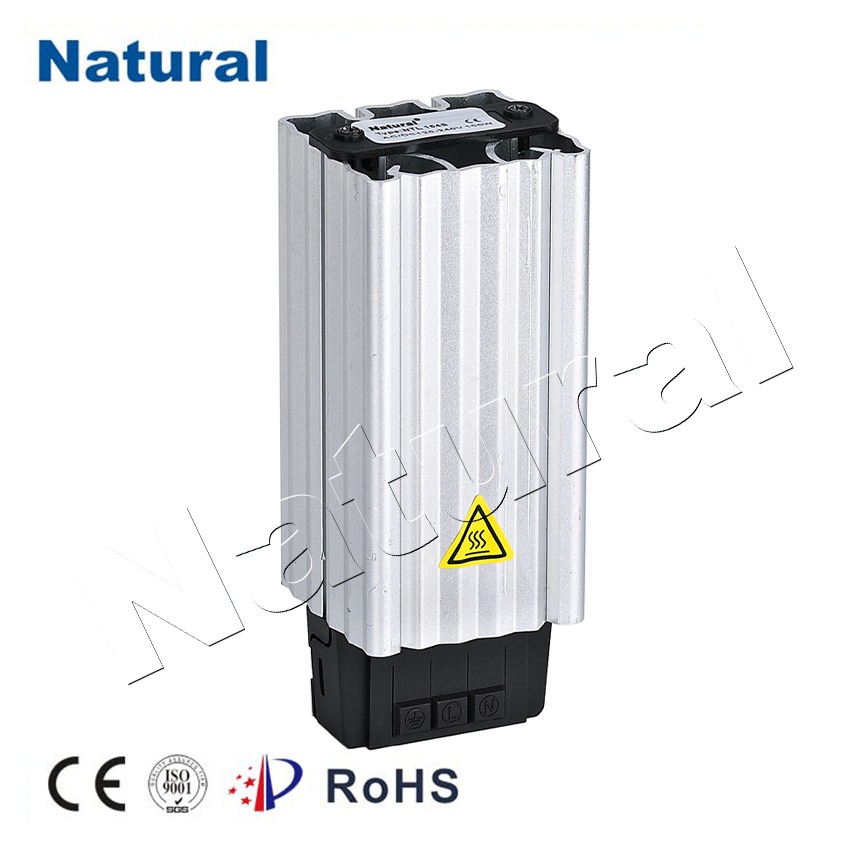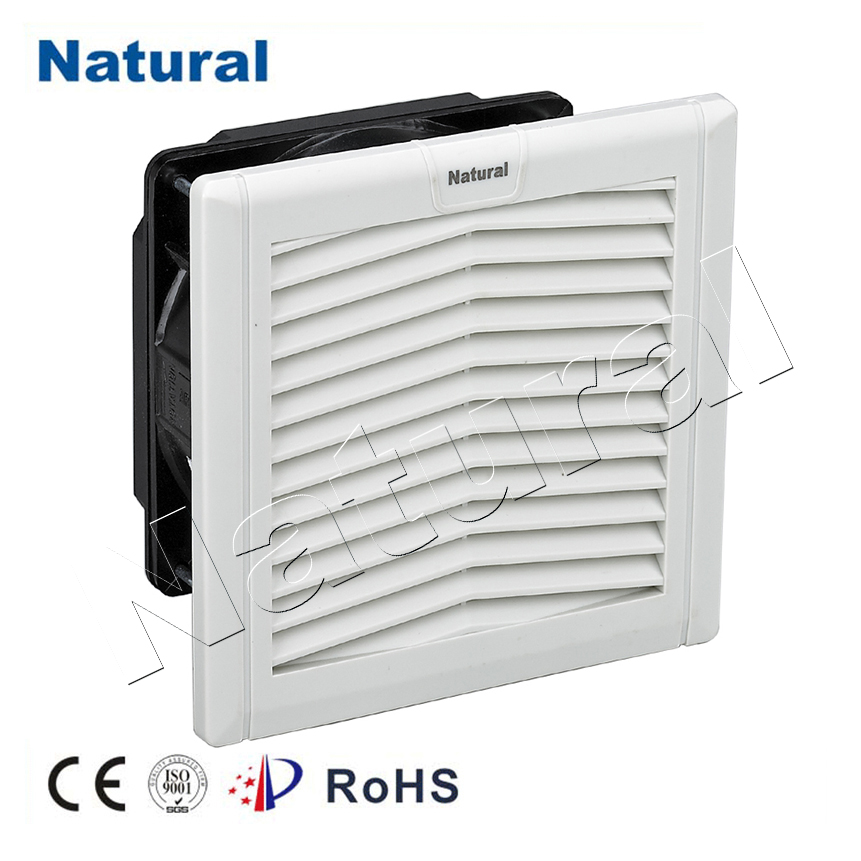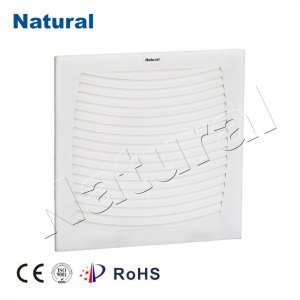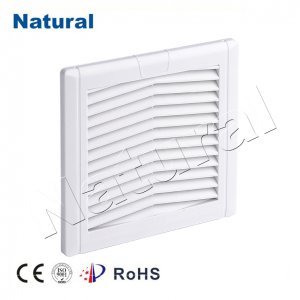In the intricate world of industrial temperature control, Demex DMO 1140 and DMS 1141 thermostats play a pivotal role. Designed for precision temperature regulation, these devices are the cornerstone of maintaining optimal operating conditions in diverse applications. This article delves into the specifics of these thermostats, their functionality, and the value they bring to temperature-sensitive settings.

The Demex DMO 1140 thermostat is a heating controller par excellence. Its primary function is to regulate the temperature by means of heating, ensuring that equipment or processes run within the desired temperature range. This controller is often used in applications where precise heating control is essential, such as in food processing, chemical reactions, or even in research labs. The DMO 1140’s exceptional performance is due to its advanced design and components. It features a high switching capacity, ensuring efficient control even under heavy loads. Additionally, its convenient terminal connections allow for straightforward installation and integration with various types of heating elements.


